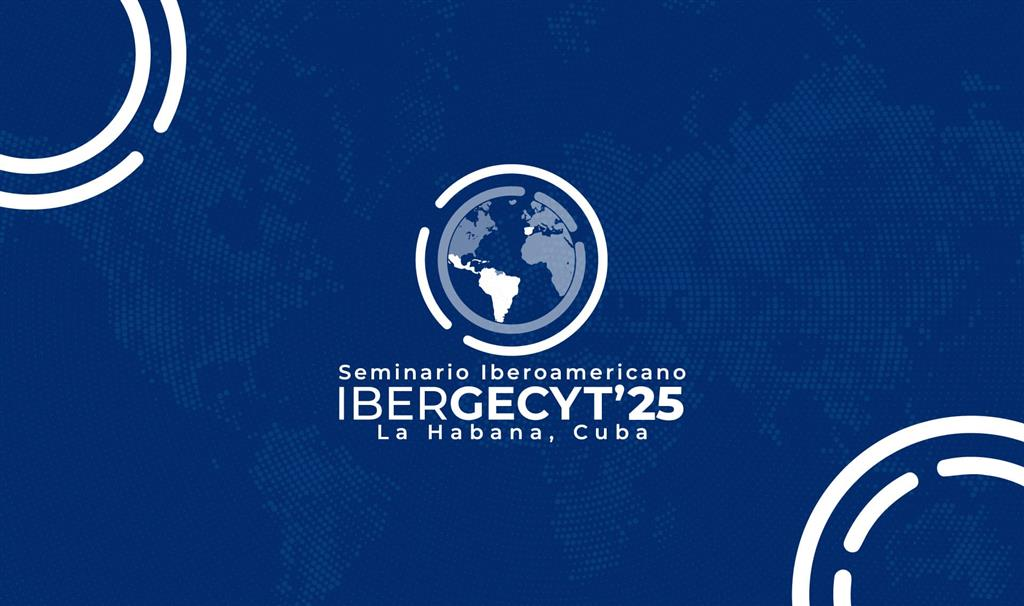
Havana, November 4 - The Ibero-American Congress on Science and Technology Management, Ibergecyt 2025, begins today at the Havana Convention Palace.

Havana, October 23. - Tropical Storm Melissa is moving slowly this Thursday morning over the waters of the central Caribbean Sea, south of the Greater Antilles, reported the Forecasting Center of the Institute of Meteorology (Insmet) in its Tropical Cyclone Warning No. 5.
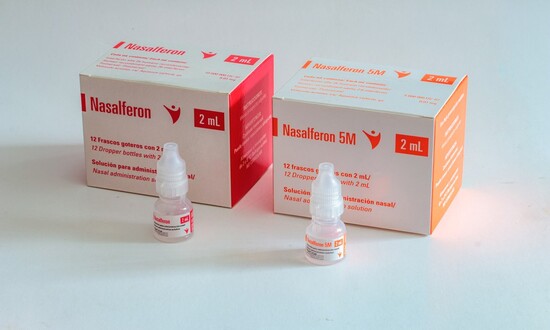
Havana, October 22 - Nasalferon, a drug developed by Cuba's Center for Genetic Engineering and Biotechnology (CIGB, for its acronym in Spanish), is establishing itself as an effective alternative for the treatment of acute respiratory infections, including COVID-19.
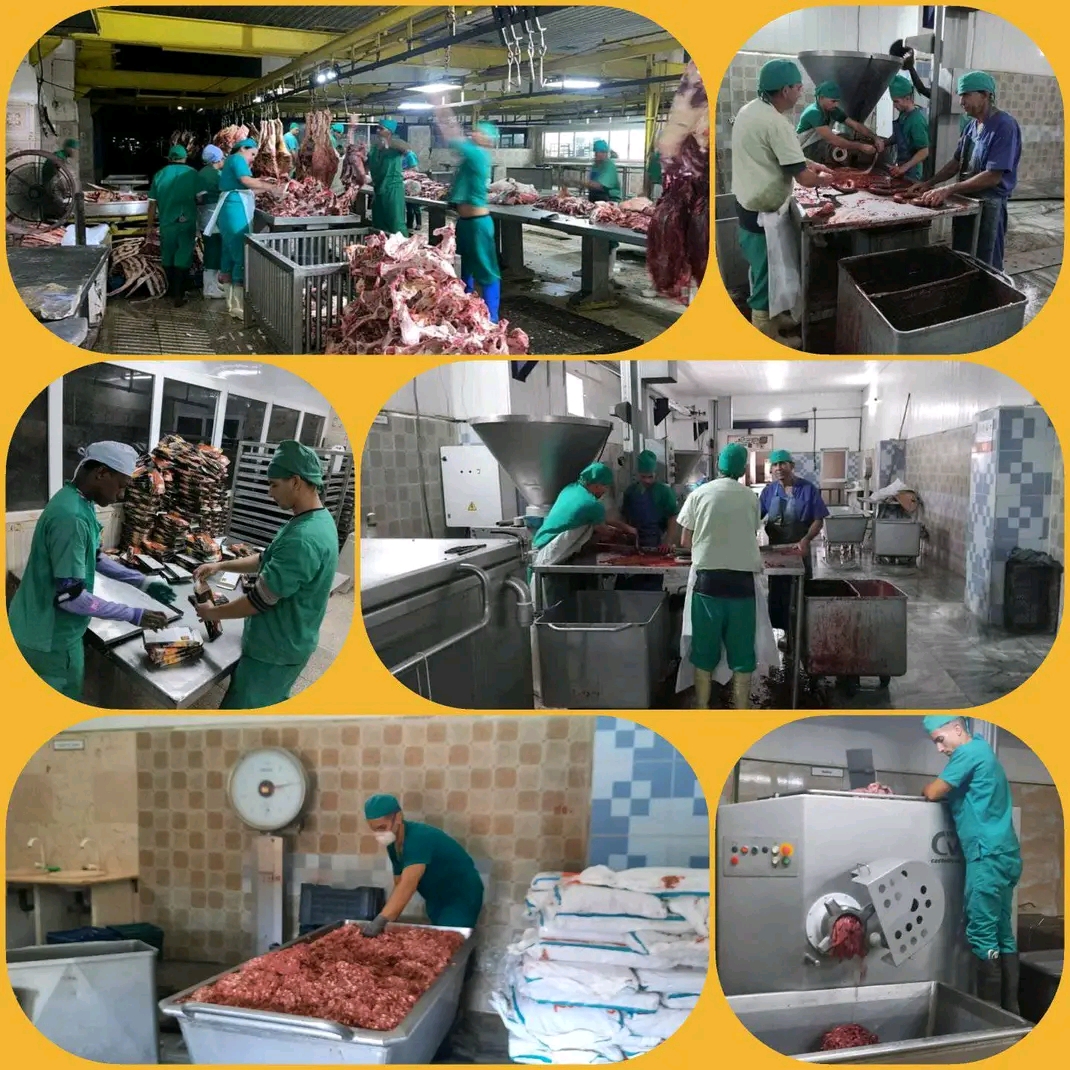
Camagüey, October 13 – In line with the transformation process of the Agri-Food Industry Business System, the National Science and Technology Forum of the guild will be held from October 15 to 18 in Santiago de Cuba, with representatives from the Camagüey Meat Company.

Moscow, 8 Oct. - The Nobel Prize in Chemistry was awarded this Wednesday to scientists Susumu Kitagawa, Richard Robson and Omar M. Yagchi, for the development of metalorganic frameworks.
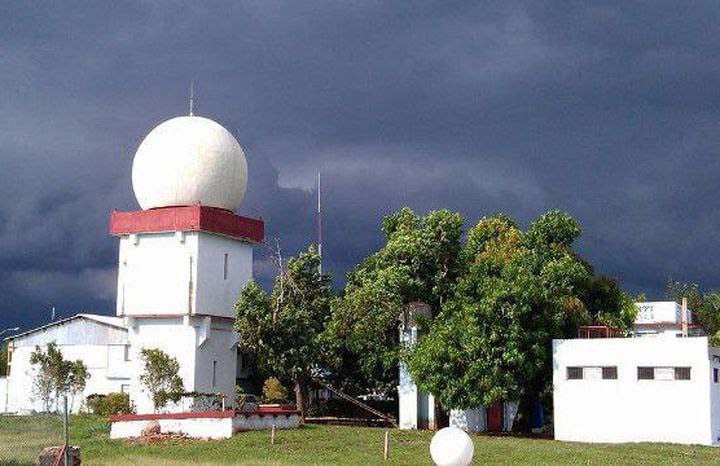
Camagüey, Sep 29.- The radar network that Cuba possesses, composed of eight such entities, is an indispensable tool in tracking hurricanes and other severe events that affect or pass near the national territory.
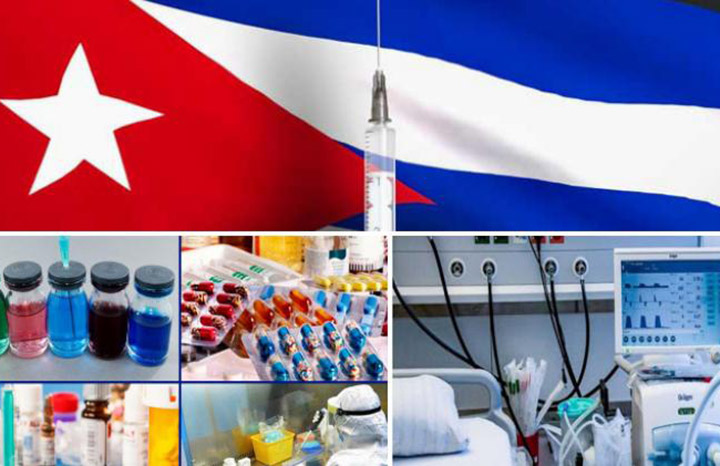
Havana, September 8. - Armando Garrido Beracierto, president of MediCuba, leads the Cuban delegation attending the Pharmaceutical Industry Exhibition of India, IPHEX 2025, considered the largest platform in this sector in the Asian country.

Washington, September 2. - The National Oceanic and Atmospheric Administration's (NOAA) Space Weather Prediction Center predicts the arrival of a geomagnetic storm on Earth today.

Washington, September 1. - A striking total lunar eclipse will turn the Moon red for 82 minutes between September 7 and 8, according to the astronomy news site starwalk.space.

Moscow, August 28 - Simon Boxall, an oceanography professor at the University of Southampton in England, asserts that the disappearance of ships that gave rise to the mystery of the Bermuda Triangle is not due to alien abductions or the opening of dimensional portals, but rather to a phenomenon involving the merging of storms that can create giant rogue waves in the area, as reported by the Daily Mail.

Australia, August 26 - Patients with long COVID experience functional deterioration and significant losses in quality of life at levels similar to those observed after a stroke or diseases such as rheumatoid arthritis and Parkinson’s, according to authors of a new study from Deakin University.

China, August 21 – The southern Chinese metropolis of Shenzhen has launched an incentive program to encourage owners of new energy vehicles (NEVs) to recharge their vehicles using electricity generated from renewable sources.